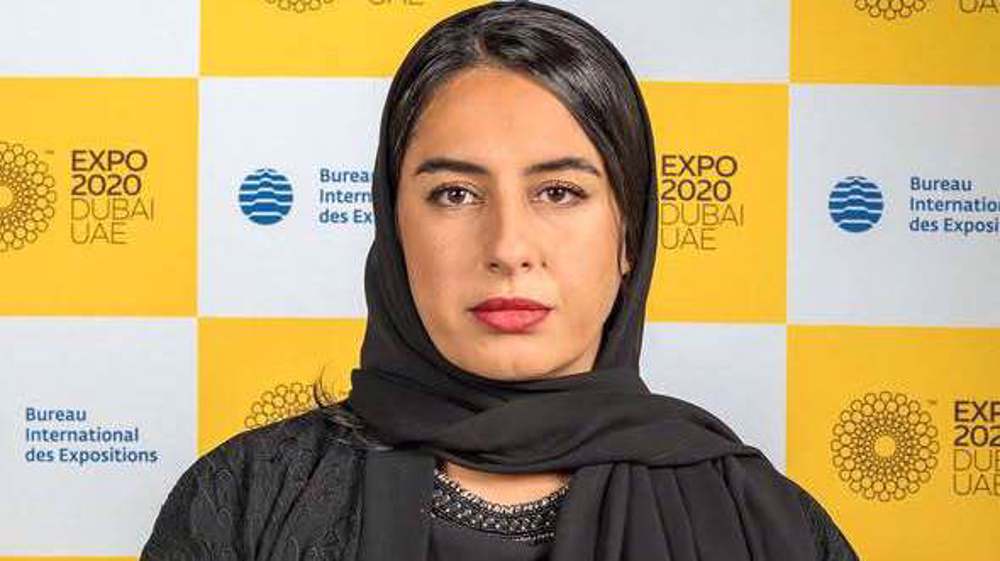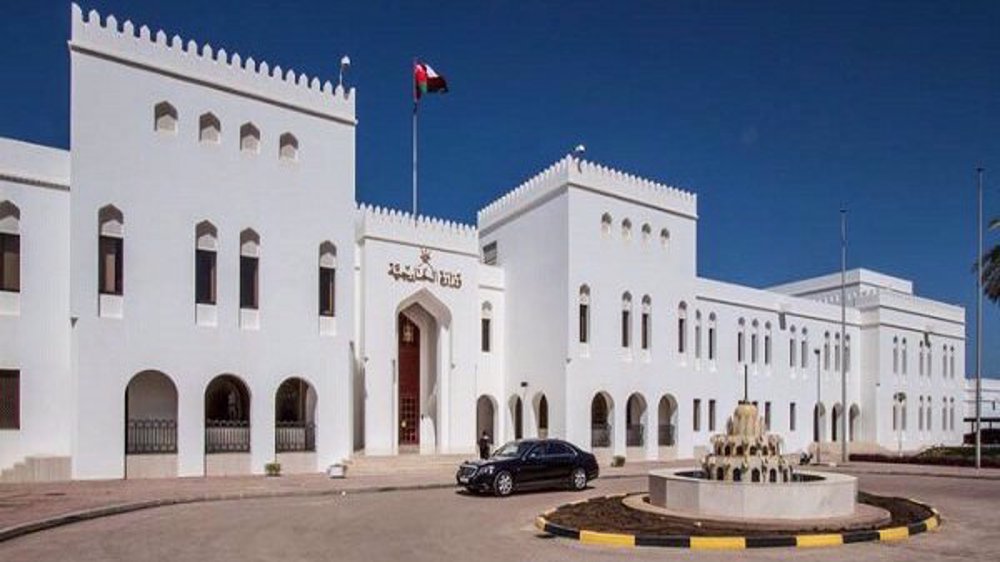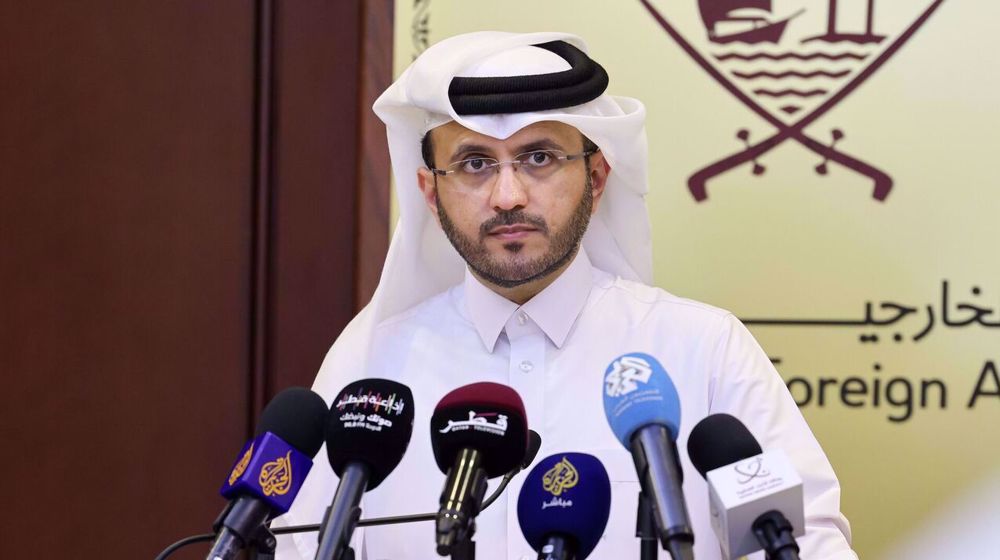Royal Dutch Shell exits Abu Dhabi’s $10bn gas project
Royal Dutch Shell says it is withdrawing from a key natural gas project in Abu Dhabi, mentioning a drastic fall in global energy prices as the main reason.
The Anglo-Dutch oil giant announced in a statement on Monday that it had decided not to develop the Bab sour gas reservoirs in cooperation with the United Arab Emirates’ state-run Abu Dhabi National Oil Co (ADNOC) as a result of plunging oil markets, AFP reported.
"Following a careful and thorough evaluation of technical challenges and costs, Shell has decided to exit the joint development of the Bab sour gas reservoirs with ADNOC in the emirate of Abu Dhabi, and to stop further joint work on the project," it said.
The statement added, "The evaluation concluded that for Shell, the development of the project does not fit with the company's strategy, particularly in the economic climate prevailing in the energy industry."
The company made the announcement as Brent crude was traded near a 12-year low, briefly dropping below USD 28 per barrel.
“The reason most probably is going to be a commercial reason,” said the UAE’s Energy Minister Suhail Al Mazrouei on the sidelines of the World Future Energy Summit in Abu Dhabi yesterday.
He added, “The price of gas has dropped by more than 50 percent. Developing a more expensive solution is not going to be viable at this time. But that is good news also for us because we do not want to develop gas that is more expensive than the gas that we can import.”
The development came at a time that Royal Dutch Shell is finalizing a plan to buy BG Group in what would be one of the biggest oil and gas mergers in years.
A Shell spokesman, however, said the decision to exit the Bab project had nothing to do with Shell’s planned £55 billion (Dh288.27bn) takeover of BG, which was announced in April.
Shell won the Bab concession in 2013 after a lengthy evaluation process, beating BP, ExxonMobil and Korea National Oil Company.
Shell was 40 percent owner and the operator of the project, with Adnoc’s Gasco subsidiary owning 60 percent.
The Bab field is about 150 kilometres south-west of Abu Dhabi city and is the largest onshore field in the emirate based on total area. While it contains both oil and gas reservoirs, its gas is sour. Sour gas typically contains high amounts of hydrogen sulfide, which needs to be removed before the fuel can be burned. The process can drive up costs.
OIC calls emergency summit as Israel accelerates West Bank expansion
Israel, not America, first: Carlson’s Huckabee interview lays bare US foreign policy priorities
VIDEO | Call for unity, more support for Palestine, humanitarian action during Ramadan
Lebanese parliament speaker rejects any postponement of elections
VIDEO | Gazans break Ramadan fast amid rubble of their destroyed homes
Iran seeks to strengthen strategic ties with West African countries: Defense minister
US envoy’s remarks on Israeli West Asia expansion shows Muslim world targeted: Houthi
Iran says any agreement with US must fully safeguard national rights, interests










 This makes it easy to access the Press TV website
This makes it easy to access the Press TV website